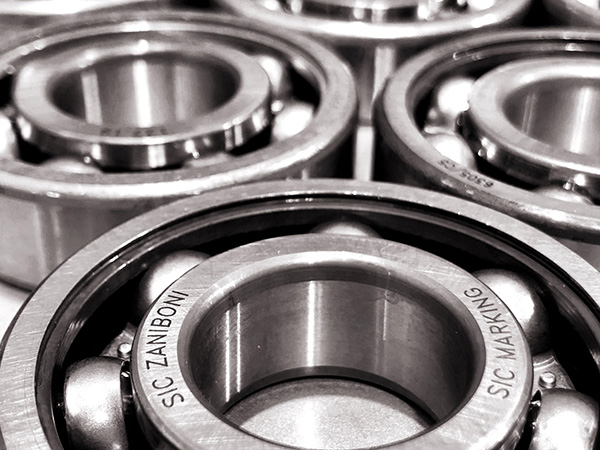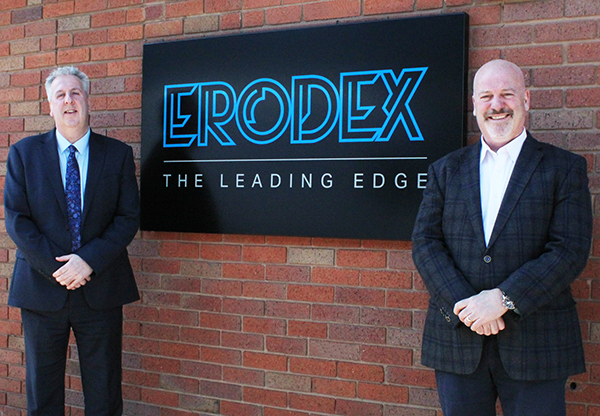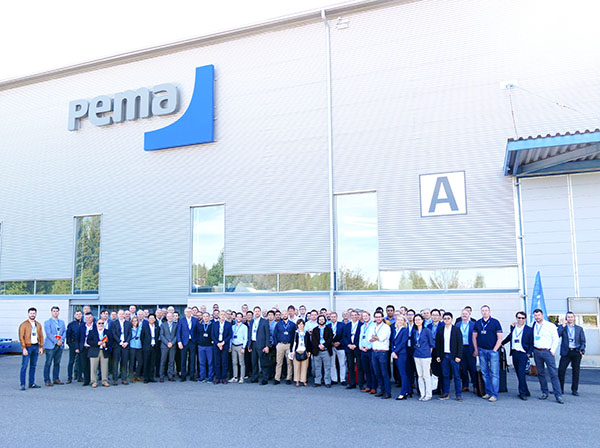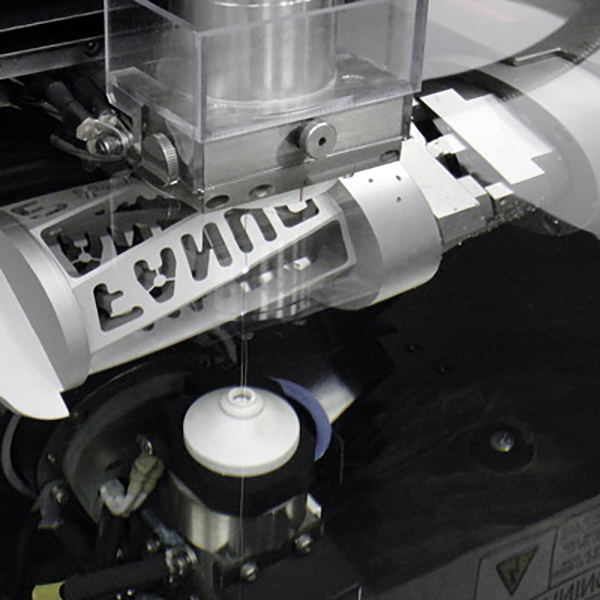Erodex UK, a supplier of EDM graphite and tooling to the aerospace market, has reported record levels of turnover, with the company set to hit the £20m mark for the first time in its history.

Overall turnover increased by £2m to £19.3m during the last financial year, spurred by strong growth from the company’s machining/EDM sundries division, and a 46% rise in turnover within the tooling division, Erodex Tooling Solutions. Following a strong start to 2019, the company is now set to surpass total sales of £20m.
According to Erodex, it has continued to benefit from a strong and growing reputation within the global aerospace industry. Notably, a large proportion of new business has been won outside of the EU, in countries such as Israel, the US and Mexico.
Says director Steve Rolinson: “We operate in a mature industry, so achieving the level of growth that we continue to achieve is testament to our people, the expertise that we have within the group and our constant efforts to innovate. Export sales have increased significantly; our
US operation continues to grow year-on-year and we have secured a further three customers in Mexico for tooling and EDM electrode work.”
Erodex has made investments totalling £1.2m in the past 12 months and surpassed a total head count of 100 staff members.
Rolinson says: “Around £900,000 of the £1.2m was spent on upgrading plant, IT infrastructure and machinery, including machining centres, grinding machines and Mitutoyo metrology equipment. Such investments go hand in hand with our focus on employing and investing in the best people, as part of our long-term growth strategy.”
For further information www.erodex.com
























